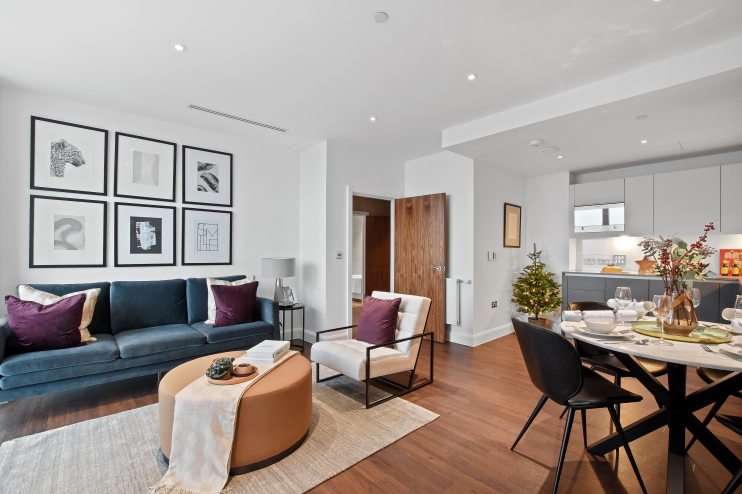Rightmove: First monthly dip in UK house prices this year recorded in August

The average price tag on a home dipped by just over £1,000 this month.
Across the UK, the average asking price in August was £337,371, down by 0.3 per cent or £1,076 compared with July, Rightmove data out this morning shows.
It marked the first monthly fall in the average price of property coming to market so far in 2021 and was predominantly due to a cooling at the higher end of the market, the website added.
The fall was driven by bigger homes with at least four bedrooms, it said.
By contrast, activity remains strong in the “mass market” sector including homes with fewer bedrooms.
Lower-priced homes are much less affected by the withdrawal of most stamp duty incentives, Rightmove added.
A stamp duty holiday in England and Northern Ireland was tapered from July.
Despite the monthly dip, the average asking price is still 5.6 per cent higher than a year ago.
Tim Bannister, Rightmove’s director of property data, said: “New sellers dropping their asking prices can ring economy alarm bells, especially when it’s the first time so far this year, so it’s important to dig underneath the headline figures.
“Firstly, we are in the holiday season which means that sellers have traditionally tempted distracted buyers with lower prices, though that might well be less applicable this year with many buyers having to stay a lot closer to home.
Jeremy Leaf, north London estate agent and a former RICS residential chairman, said of the data: “This is one of the more interesting recent surveys as at first glance it shows asking prices are falling for the first time this year after recording record rises.
“A reversal was hardly unexpected after the government started to taper the stamp duty holiday at the end of June.
“However, when you drill down more deeply into the figures, you see more of what we are finding at the coalface. There has been an improvement in demand for smaller houses and flats as buyers will still be able to take advantage of the stamp duty concession but at a reduced level. Prices continue to be supported by a shortage of new homes and demand for greater flexibility as many come to terms with new hybrid work patterns.”